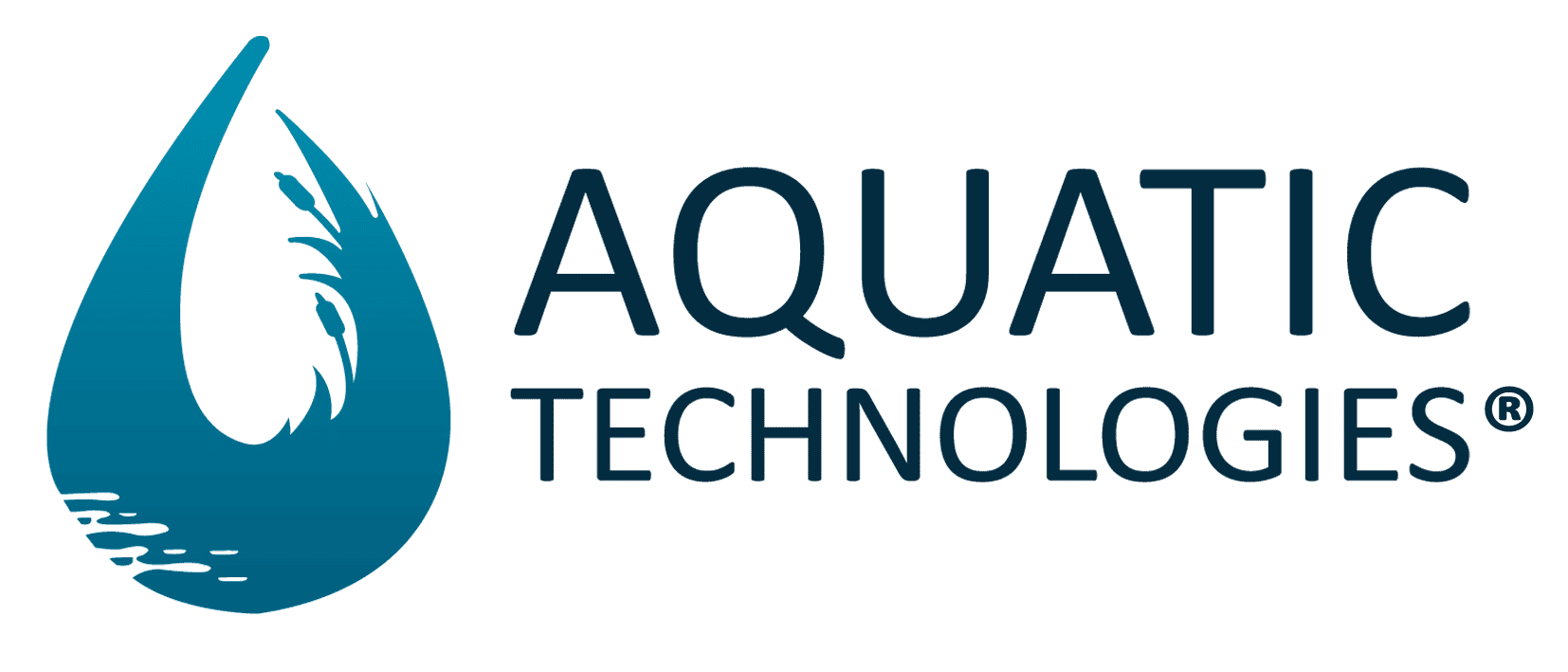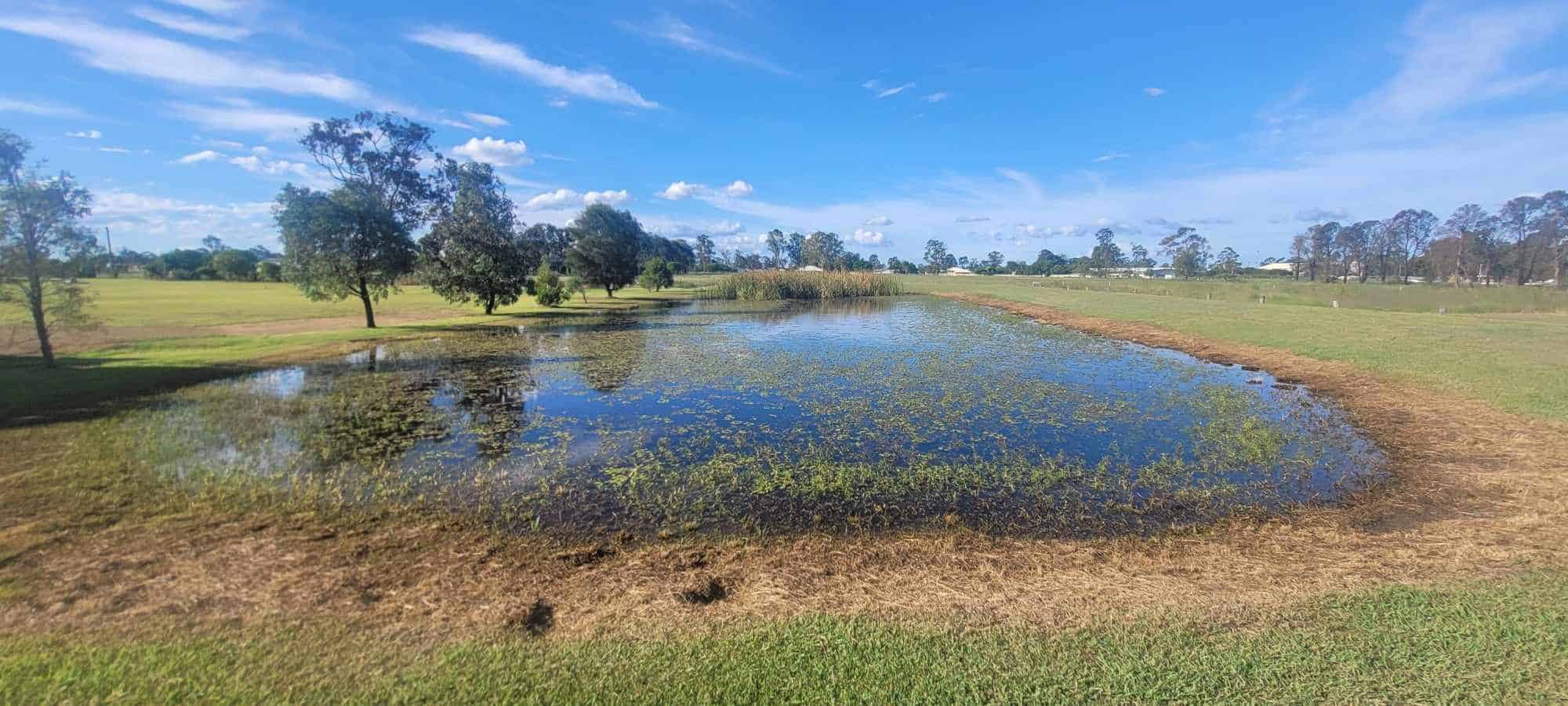
Can algae kill fish?
While some species of algae contain harmful toxins, the most common reason for the death of fish isn’t caused by the algae itself, it is as a result of decreased oxygen levels within the water column.
Algae, like all plants, photosynthesise during daylight hours and produce oxygen as a by-product. You may be wondering how something that produces oxygen can also deplete it. Here are a few factors you need to know:
Photosynthesis and Algae
Algae photosynthesise, meaning they take in light from a light source (the sun) and convert that into energy they can utilise to grow and reproduce. As a result of this chemical reaction, oxygen is produced as a by-product and released into their environment (the water body). During the hours of low to no sunlight, that same algae consumes the oxygen that has been released into the environment. Algae in small numbers can normally produce more oxygen during daylight hours than what they consume during non-daylight hours, therefore not causing a problem. It becomes a problem when the algae are consuming more oxygen than they are producing.
Algal Blooms
You may be familiar with the term ‘Algal Bloom’ and instantly know that it means bad news. Let me explain why: A surge in increased algae in the water body can cause a chain of events to occur
- Algae is present in the water body
- An event causes a spike in nutrients such as Nitrogen or Phosphorus
- The algae utilise this sudden increase in nutrients and rapidly reproduce
- They use up the trace minerals and nutrients and die as suddenly as they appeared. This sudden dieback results in an increase in bacterial decomposition and loss of normal oxygen production and ultimately, fish death
Another pathway that can happen is
- Algae is present in the water body
- An event causes a spike in nutrients such Nitrogen or Phosphorus
- The algae utilise this sudden increase in nutrients and rapidly reproduce
- They cover the surface of the water body and limit the amount of penetrable light, resulting in dieback of other aquatic plants and greatly reduce the oxygen levels within the lower, cooler waters of the water body, ultimately causing fish death
While algae are generally harmless, algal blooms, such as blue-green algae, can be toxic to humans, livestock, fish and wildlife. It is better to avoid contact with potentially contaminated water until treated.
Treatment methods
GreenClear Pond suited for manmade fish ponds, this reducs scum and sludge built up along pond edges, clear away dead organic matter from rocks and waterfalls, and is a fish safe option.
Ultrasonic Algae Control uses soundwaves to suspend the algae within the water column, limiting the amount of light available and stalling their reproduction. The algae will then die off and sink to the bottom to be broken down by bacteria. Ultrasonic is an environmentally friendly alternative and has long lasting results.
Barley Straw Extract is a completely natural solution to algae control. The barley straw, once placed in the water, begins to break down and decompose. This process releases phenolic compounds that weaken the algae cell wall, reducing its ability to reproduce. It is fast acting and treats algae quickly.
Aquatic Blue is a professional dye that not only gives you that desired blue look, it also suppresses algal growth and enhances the quality of your water body. It works by inhibiting the amount of light availability in the water column and slows down the growth rates of algae and other aquatic plants, without harming them. The blue colour reflects sunlight and keeps the average water temperature lower. Colder water holds more oxygen which is beneficial for healthy fish and good bacteria growth. Aquatic Blue is harmless to fish and wildlife, humans, pets, irrigation and is safe to swim in.




